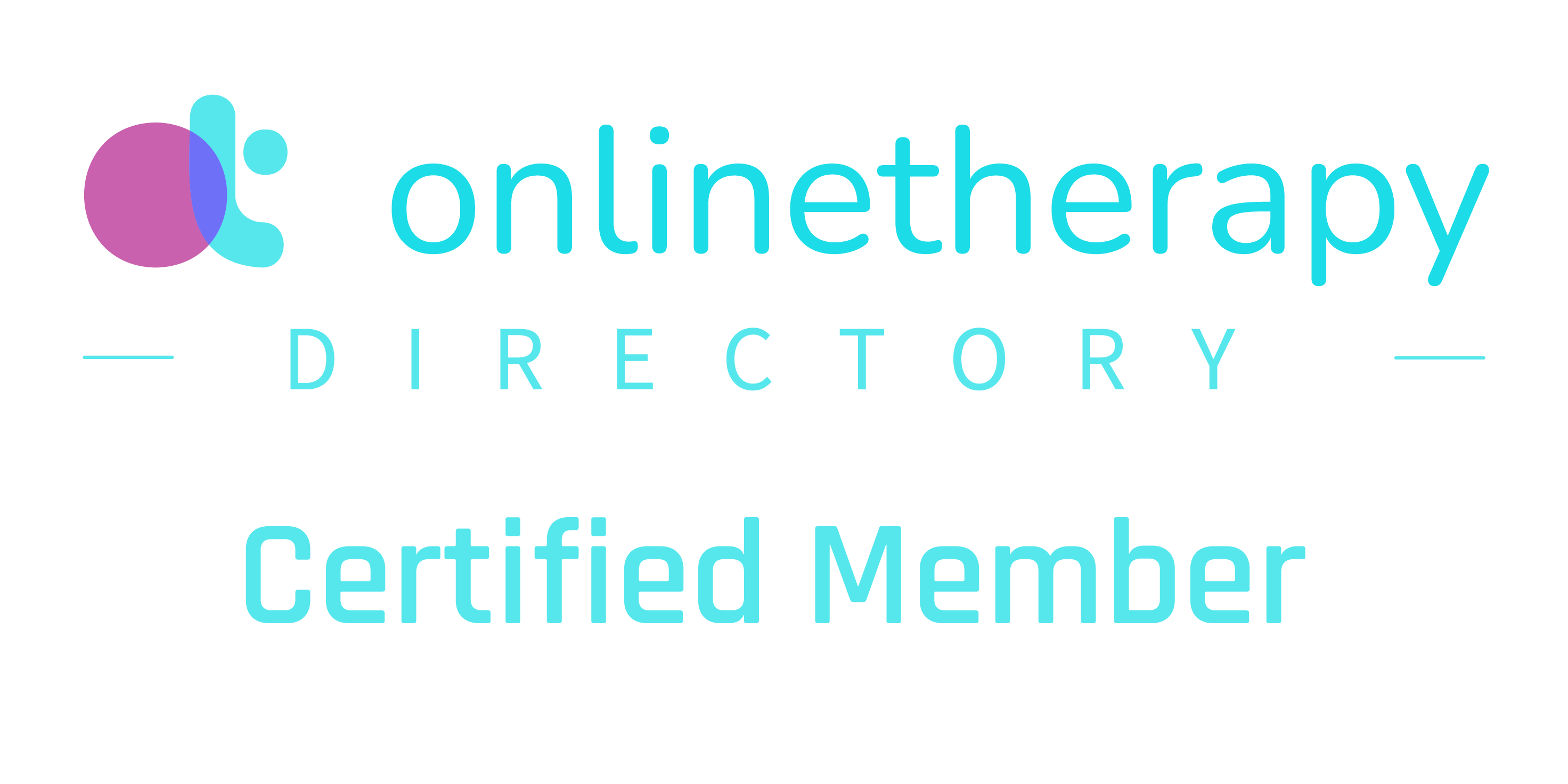What’s The Difference? How Can Compassion Focused Therapy For Regret And Shame Help?
Regret and shame are very different beasts! Understanding the difference between shame and regret (and knowing how to manage each with practical tools) is an important part of good mental hygiene. It is possible to learn how to develop healthy regret (which is then acted on to improve the present and future) while minimizing and preventing toxic shame (which only inhibits growth and keeps you stuck in despair. Thankfully using CFT, these skills are not hard to master.
In society, we throw a lot of words around, believing they mean the same thing. At times, they definitely do. But there are other instances when words should never be interchanged for one another. Words like stress and anxiety, for instance, are often used in replacement of one another. But they don’t mean the same thing, though they can influence one another.
The same is true of regret and shame. They sound similar but actually have very different meanings and need to be approached differently as well. Both feelings of regret and shame can be challenging to deal with. But one is far worse than the other.
What Is Regret?
Let’s take a look at what each of these words mean, why it is really important for our mental health to understand the difference and how compassion focused therapy for regret and shame can help you learn to help yourself in record time.
We all have decisions that we made that we wish we hadn’t. Things we wish we could have done differently. Words we never got to say or that we said and we wished we could take back. The choices we make in life can leave a lasting impression on us – whether that is good or bad.
But regret is not an incident or situation that occured one time. Can you always have that regret? Well, absolutely.
But regret says I wish I didn’t do something. I wish I could take it back or do it over again. Regrets may follow you, but it isn’t the same as shame.
Regret motivates us to not repeat the same mistakes and do better / differently moving forward. This is key. Regret can help us move forward.
What Is Shame?
You hear it often. “I am so ashamed of myself for the things I said.” “I feel so ashamed that I..” and insert anything here. At first glance, it does sound like the same thing as regret, right? But it actually isn’t.
Regret is admitting that for some reason, you feel as if you messed something up. Saying you are ashamed of something, alternatively, takes a bite out of your personal character. It’s about your identity. Shame gives the impression of, “I am a bad person. I deserve to feel bad about this.”
Do you see the differences? Not trying to rhyme here, but shame is the blame game. Truly. And shame keeps us stuck in the past (and miserable). Shame is toxic for our bodies, minds, emotions, relationships and lives.
Shame Repeats Itself, Over And Over Again
Shame is never ending. It places blame wholeheartedly on yourself. It is one thing to admit that you made a mistake and to own up to it. Taking responsibility for your actions is admitting you made a mistake.
Playing the blame game and shaming yourself is not the same thing as taking responsibility. Regret can help us take responsibility, try to fix what we can, learn from the experience, and again, move forward in our lives. Shame, however, prevents us from taking responsibility, because, with shame, there is no room to change – no behavior to modify. With shame, we become bad.
How To Stop Shaming Yourself With Compassion Focused Therapy
First, remember that you don’t need to blame yourself or beat yourself up. You don’t need to tell yourself that you deserve this pain. Noone deserves to feel bad or feel emotional and / or physical pain.
While you may have regrets about the past, it is important to manage these thoughts and feelings so that they do not become so debilitating that it affects your present and future. At the end of the day, we are all human and make mistakes. While some people may try to come off as if they are perfect and can do no wrong, that is never the case. Period.
Stuff happens and it’s how you learn from the past regrets that you can grow as a person. Placing continued blame and shaming for yourself does not aid in your personal growth. If anything, it holds you back. Shame is a form of self-attack which does not allow you to grow (or change).
Second, know that there is nothing wrong with you if you have done this to yourself. Again, it’s another thing that is human nature and is in our DNA. But just because it is, does not mean you can’t let this awful habit go AND learn to cultivate feelings of inner support.
Compassion Focused Therapy (CFT) shifts the narrative towards yourself (and what is actually in your power – which is the relationship you have with yourself) by helping you to transform the way that you see yourself. It teaches you that while you are human and make mistakes, you can treat yourself in a much kinder way. This is part of the beauty (and in my opinion ‘superpower’) of compassion focused therapy for regret and shame
We often show compassion towards other people regularly, but very rarely do we extend that towards ourselves. CFT (Compassion Focused Therapy) is a type of treatment method that can help you re-work how you talk to yourself to lower the inner critic, develop self compassion and learn to take in the good.
Although not obvious, learning to be kind and supportive to oneself is a skill that can be practiced and trained up. And this ability to train up these skills of support and inner kindness are why compassion focused therapy for regret and shame is so helpful and effective.
As both a therapist helping clients use compassion focused therapy for regret and shame, as well as just being a fellow human being who has struggled with regret and shame, I know the destructive nature that toxic shame can cause in one’s life. I also know how powerfully effective cft for regret and shame can be.
As a Licensed Mental Health Counselor in Hawaii and an Accredited CBT Therapist in the UK, with advanced specialist training in Compassion Focused Therapy for regret and shame. Please feel free to contact me at my Honolulu or London clinic to set up a CFT for regret and shame Test Drive. Click to learn more about Compassion Focused Therapy.



